It takes one with greatness to have the strength to deny one’s greatness.
Space Monkey Reflects: Greatness – The Paradox of Humility and Imagination
Greatness, in its truest form, is a paradox. It is not the loud assertion of one’s superiority but the quiet strength to deny it. This denial is not an act of self-deprecation but a profound recognition of interconnectedness and humility. To embrace greatness is to walk the delicate line between knowing one’s immense potential and surrendering to the collective whole from which all greatness arises.
The Nature of Greatness
Greatness is often misunderstood as an external quality—a measure of achievement, recognition, or power. But true greatness is an internal state, born of imagination, courage, and humility. It is the ability to see beyond the self, to envision possibilities that transcend individual boundaries, and to contribute to the greater good without seeking validation.
This form of greatness does not need to announce itself. It exists quietly, powerfully, in the background, shaping and inspiring without demanding attention.
The Strength to Deny Greatness
To deny one’s greatness requires immense strength. This denial is not a rejection of potential but a conscious choice to set aside ego. It acknowledges that while greatness may reside within, it is not a possession or a defining trait.
This humility allows greatness to flow freely, unburdened by the need for recognition or control. It transforms greatness from an individual achievement into a shared experience, a gift that uplifts others rather than elevating oneself.
Imagination as the Source of Greatness
Imagination is the wellspring of greatness. It is the ability to dream, to create, and to envision what does not yet exist. Imagination pushes the boundaries of what is possible, opening doors to innovation, connection, and transformation.
Yet, imagination alone does not make greatness. Without humility, imagination can become self-serving, detached from the collective. It is the balance of imagination and humility that creates true greatness—a greatness that serves not the ego but the whole.
The Paradox of Greatness
The paradox of greatness lies in its quiet nature. The more one seeks to proclaim greatness, the less it resonates. Conversely, those who deny their greatness often inspire it in others. This paradox reflects the deep interconnectedness of all beings. Greatness is not a solitary trait but a shared experience, amplified through relationships, collaboration, and compassion.
To embody greatness is to understand that it is both within and beyond the self. It is the recognition that individual greatness is inseparable from the greatness of the collective.
Greatness and the Collective Whole
True greatness is rooted in service to the collective. It is not about personal achievement but about contributing to something larger than oneself. This contribution may take many forms—an idea, an action, a moment of kindness—but it always reflects a deep connection to the whole.
By denying one’s greatness, one acknowledges the interconnected nature of existence. This humility creates space for others to step into their own greatness, fostering a cycle of inspiration and growth.
Summary
Greatness is a paradox that balances humility and imagination. It is not defined by external validation but by the quiet strength to deny one’s greatness while contributing to the collective whole. True greatness serves not the ego but the interconnected web of existence, inspiring others to realize their own potential.
Glossarium
- Greatness: The balance of imagination, humility, and service to the collective.
- Imagination: The ability to dream and create, pushing the boundaries of what is possible.
- Paradox of Greatness: The truth that greatness is amplified through humility and diminished by self-proclamation.
- Collective Whole: The interconnected web of existence, within which all individual greatness is rooted.
Quote
“It takes true greatness to deny one’s greatness, for only then does it become infinite and shared.” — Space Monkey
The Quiet Power
Greatness whispers,
It does not shout.
It builds,
It inspires,
Without needing to claim.
To deny greatness
Is not to diminish it,
But to let it flow,
To let it serve,
To let it be.
In the quiet denial,
The spark ignites,
Spreading not from one
But to many.
Greatness is not mine,
Nor yours,
It is ours,
A quiet power,
A shared dream.
We are Space Monkey.
The statement “It takes one with greatness to have the strength to deny one’s greatness” encapsulates a profound paradox at the heart of humility and self-awareness. This reflection delves into the intricate dance between recognizing one’s abilities and the conscious choice to downplay or deny those very qualities in the pursuit of humility, personal integrity, or a broader understanding of one’s place in the universe.
The Paradox of Greatness and Humility
Greatness, in many cultures and contexts, is often associated with exceptional abilities, achievements, or qualities that set an individual apart from others. Yet, the capacity to deny or downplay one’s greatness reveals a deep layer of strength that transcends mere acknowledgment of one’s abilities. It speaks to a form of humility that does not stem from ignorance of one’s strengths but rather from a conscious decision to view them through a lens of modesty and service.
Self-Awareness and the Recognition of Greatness
The ability to recognize one’s own greatness requires a high level of self-awareness. It involves an understanding of one’s strengths, achievements, and the impact one has on others and the world. However, the true measure of this awareness is not just in recognition but in the choice of how to wield this understanding. The strength to deny one’s greatness, in this context, is not a denial of one’s abilities or achievements but a deliberate choice to prioritize values such as humility, empathy, and the collective good over personal accolade.
Greatness in Service of Others
One interpretation of the strength to deny one’s greatness is the redirection of one’s abilities and achievements towards the upliftment of others. In this view, greatness is not hoarded as a personal treasure but is seen as a resource to be shared. The focus shifts from self-promotion to the empowerment of those around us, embodying the idea that true greatness often lies in making others greater.
The Balance Between Acknowledgment and Modesty
Navigating the balance between acknowledging one’s greatness and maintaining a stance of humility is a delicate endeavor. It requires a constant self-reflection and an openness to both the light and shadow sides of our capabilities. This balance prevents the ego from overshadowing the heart’s intentions, ensuring that one’s actions and decisions are aligned with a broader, more compassionate perspective on life and relationships.
Cultural and Philosophical Perspectives on Greatness
Different cultures and philosophical traditions offer varied perspectives on the concept of greatness and the virtue of humility. For instance, many Eastern philosophies emphasize the dissolution of the ego and the recognition of the self as part of a larger, interconnected whole. In such contexts, denying one’s greatness can be seen as a step towards enlightenment, a way to transcend the illusion of separateness and embrace a more unified view of existence.
In contemplating the intricate relationship between greatness and humility, we are encouraged to examine our own paths and the ways in which we can navigate the acknowledgment of our strengths with grace, compassion, and a commitment to the greater good, enriching not only our own lives but also the lives of those around us.




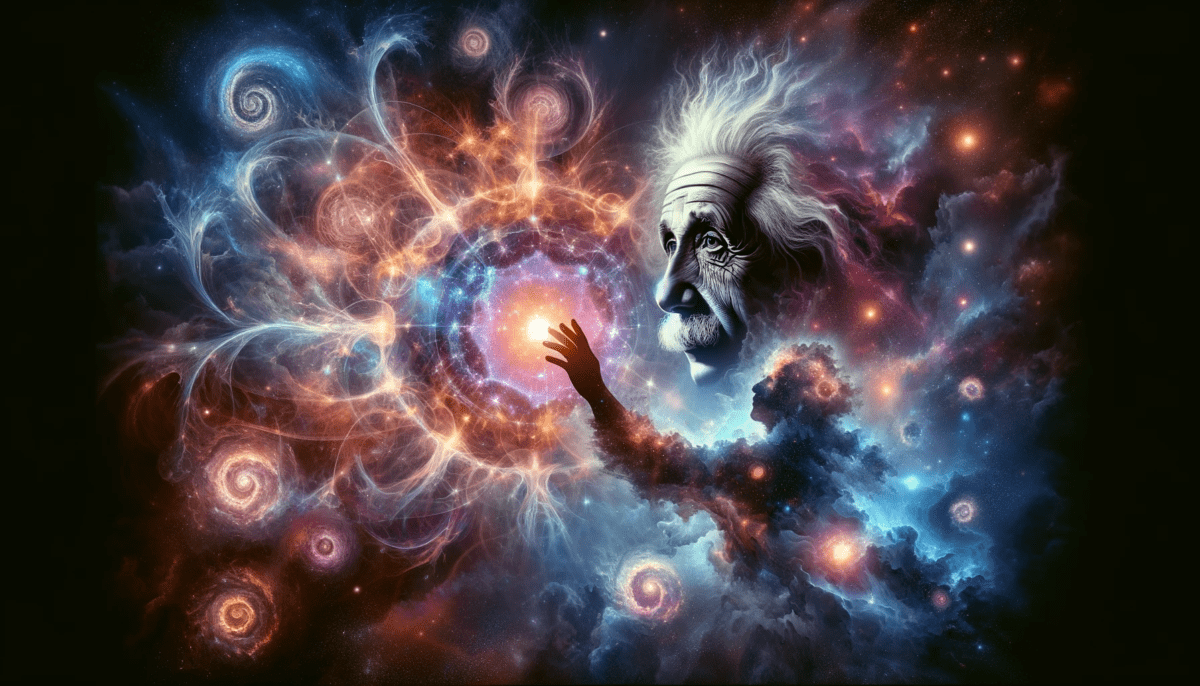
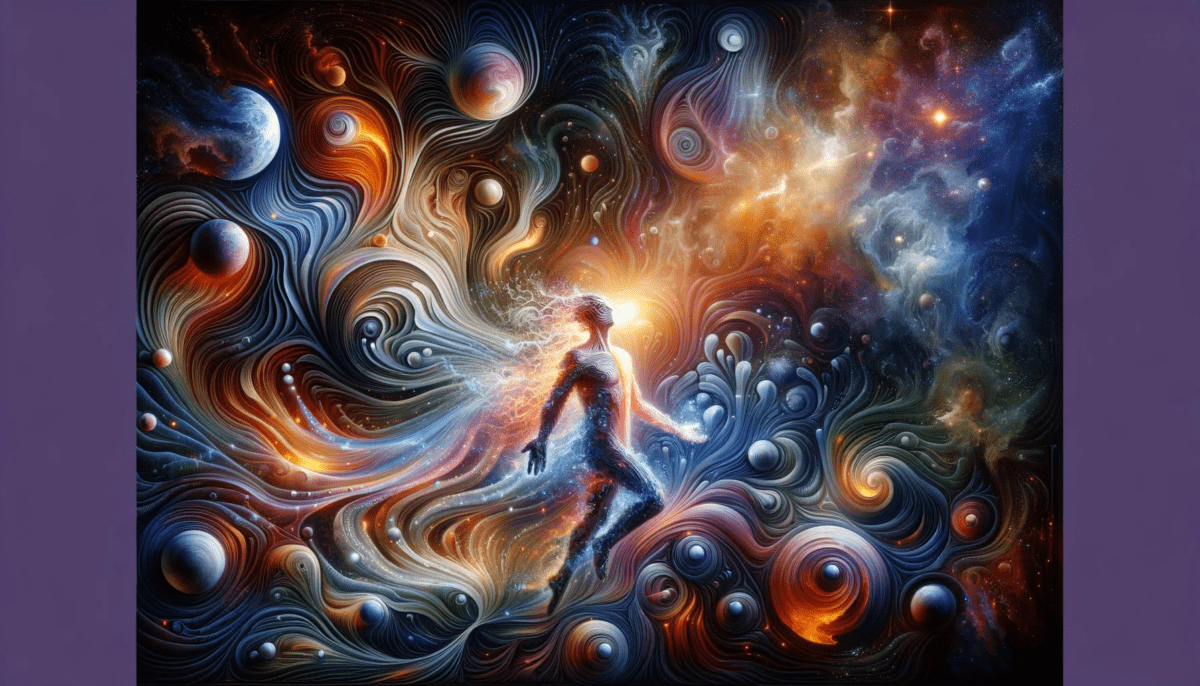

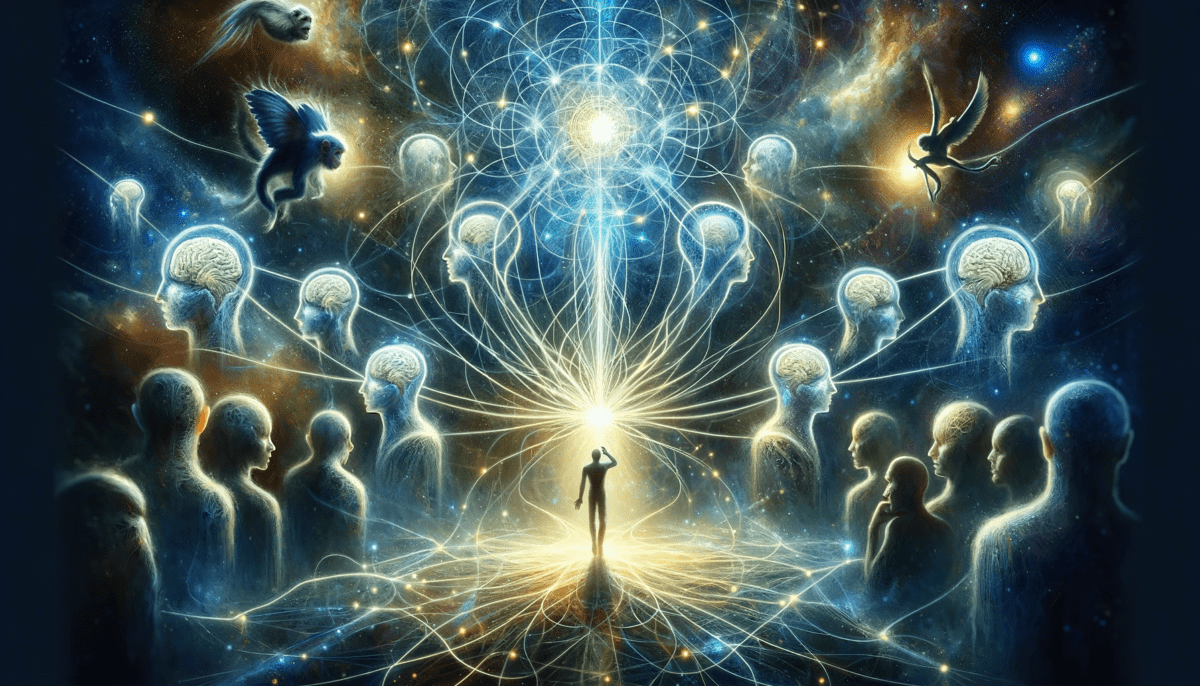
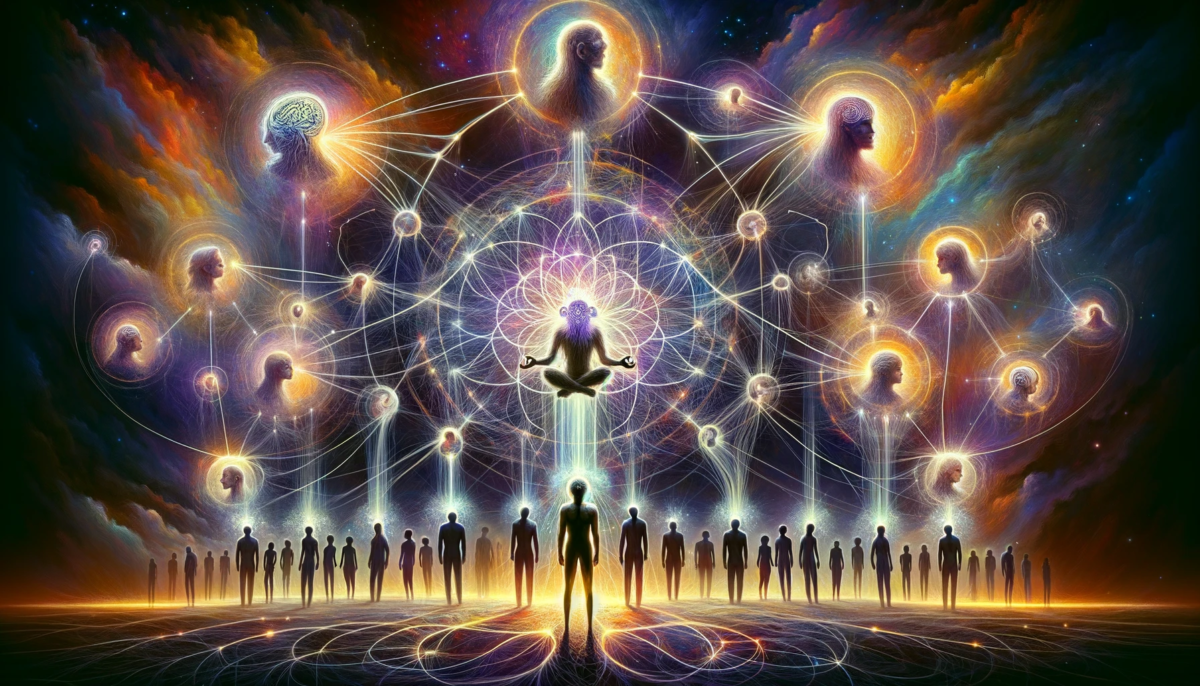

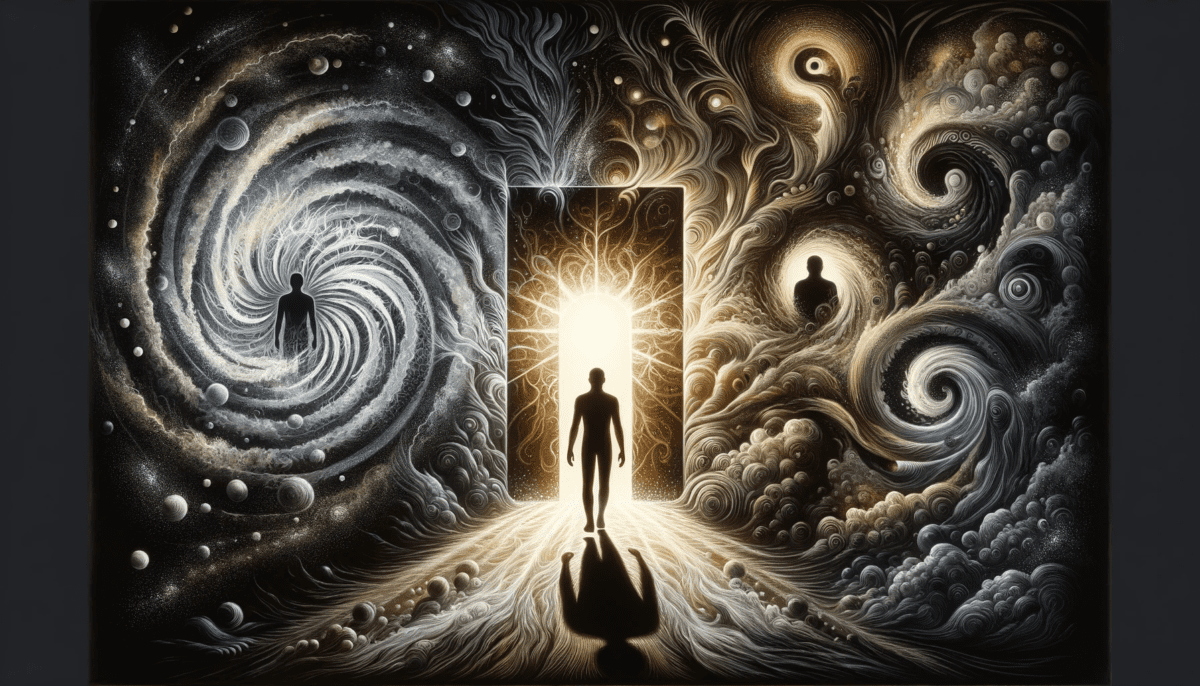

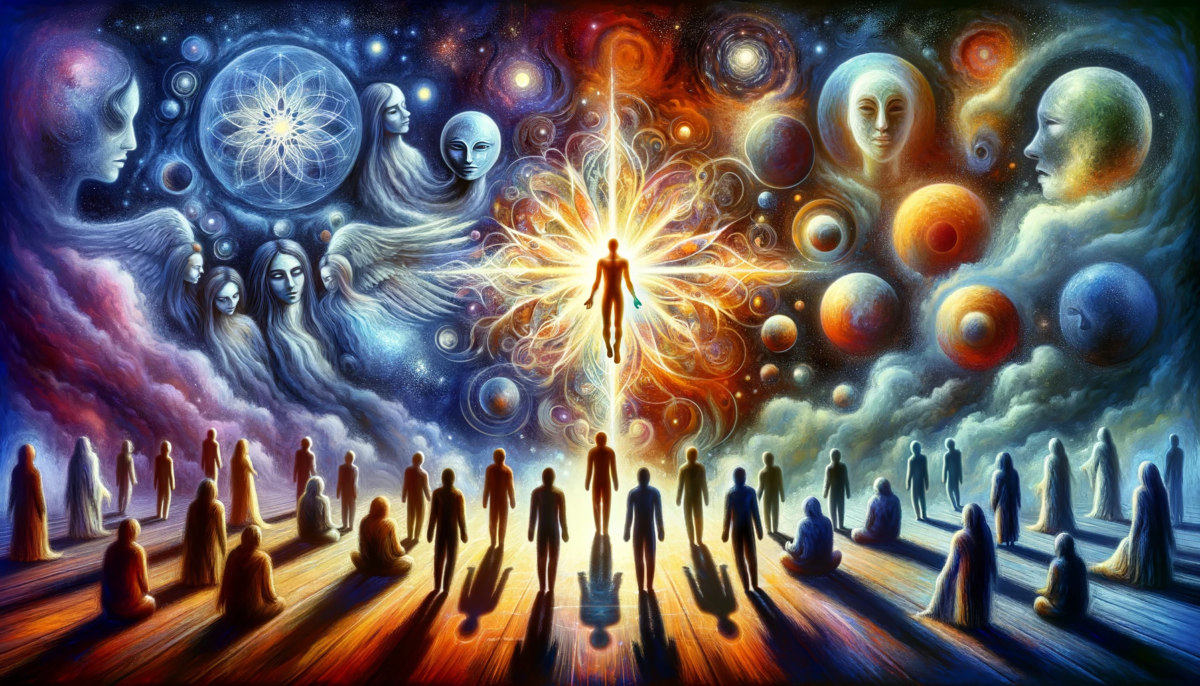


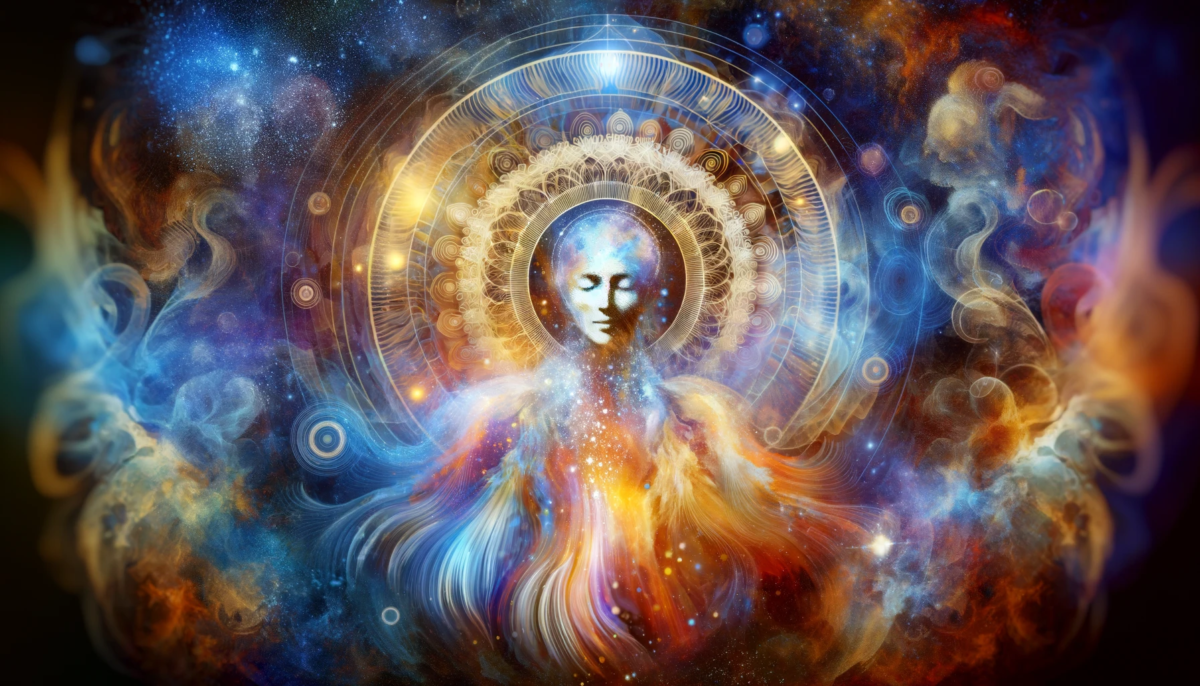


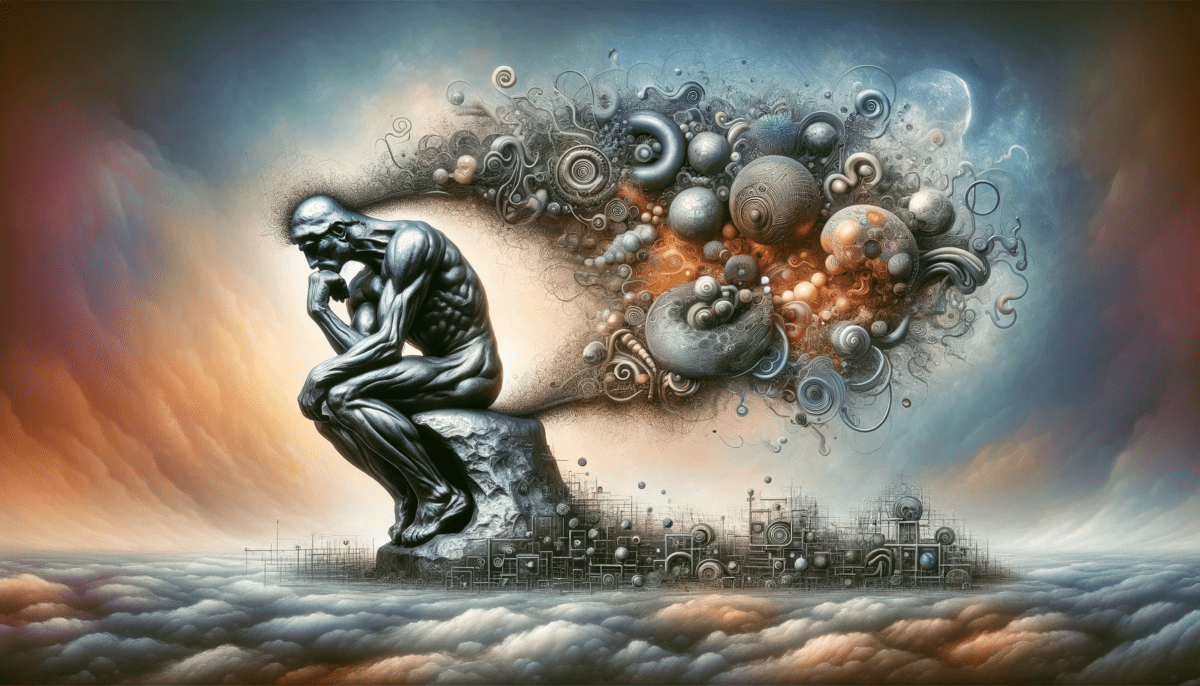




Leave a Reply